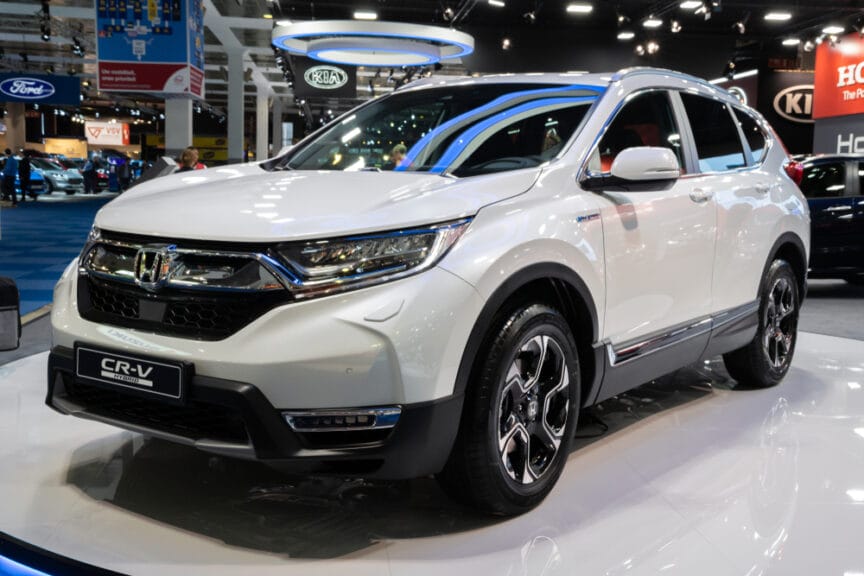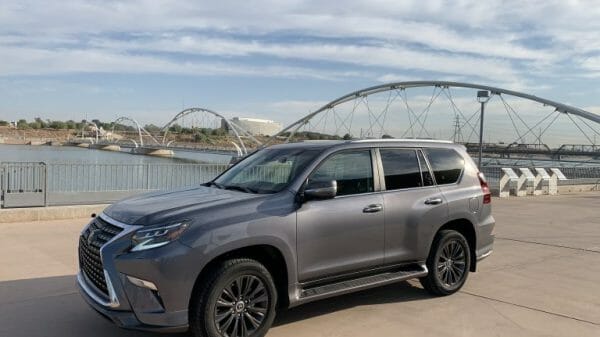Honda has long supported hydrogen fuel cell vehicles with models like the FCX Clarity and the Clarity. These vehicles offer an alternative to fully electric vehicles as they produce zero carbon emissions and can be refueled faster than electric SUVs. However, the lack of refueling infrastructure can make owning a fuel cell vehicle challenging if you’re not near a refueling station.
While fuel cell vehicles have not gained much popularity with consumers, Honda and Toyota have continued to invest in hydrogen fuel cell technology. Honda’s approach to hydrogen fuel cell vehicles differs slightly from Toyota’s. Honda’s 2025 CR-V e:FCEV is a limited-production vehicle, with plans to build only a few hundred units per year available for lease only, unlike Toyota’s Mirai, which is available for purchase.
One of the reasons for the low production volume is Honda’s focus on using hydrogen for larger vehicles like trucks. Honda believes that hydrogen-powered big rigs can get back on the road quicker compared to fully electric trucks.
Honda views the CR-V e:FCEV as a testbed for this technology, collecting real-world data to further enhance it for future applications, particularly in larger commercial vehicles.
In terms of the powertrain, the CR-V e:FCEV features a second-generation fuel cell system, coupled with a plug-in hybrid setup that provides 29 miles of electric range, reducing the reliance on hydrogen refueling stations for daily commutes.
While the exterior of the 2025 CR-V e:FCEV resembles the CR-V hybrid, various modifications have been made to the front end, making it longer and equipped with unique wheels and taillights.
Inside, the CR-V e:FCEV offers a fully digital instrument cluster and a push-button shifter. The rear seat may be slightly compromised due to the hydrogen tank beneath it, with a load-bearing shelf creating a flat load floor for cargo.
Driving the CR-V e:FCEV, it starts in EV mode and accelerates swiftly, transitioning to “auto” mode for combined hydrogen fuel cell and electric powertrain operation. Handling and performance are akin to the CR-V hybrid, with minor adjustments to accommodate the hydrogen tanks.
Honda’s move to offer a fuel cell vehicle based on its popular CR-V model represents a step towards broader adoption of hydrogen fuel cell technology. The CR-V e:FCEV will be manufactured at Honda’s Performance Manufacturing Center in Ohio, laying the groundwork for potential future advancements in alternative fuel vehicles.
Image Source: VanderWolf Images / Shutterstock












